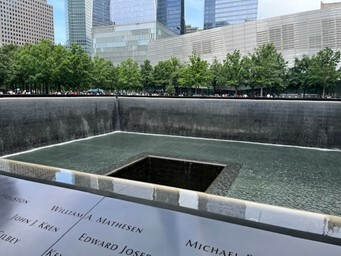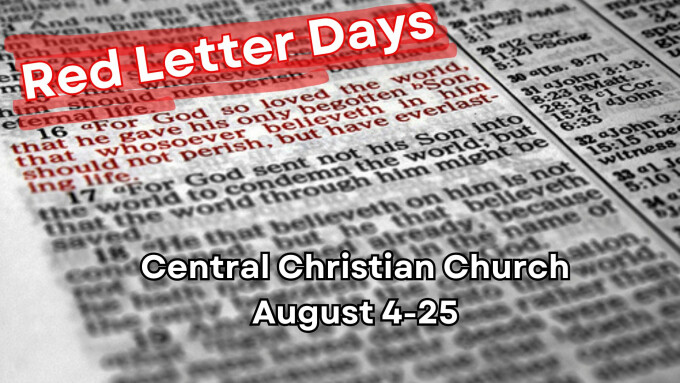A Path Forward

I’ve always known there were addiction issues in my family of origin. My father didn’t share much about his upbringing or his relationship with his father, but I knew my grandfather was a heavy drinker for many decades of his life. Somehow, he stopped around the time I was born, so I never new him as anything but sober. But I’ve always felt there was more my father could have told me about his feelings regarding his own father than he ever did. My father himself battled weight issues his whole life (keeping weight off), and I have two close family members who have struggled with eating disorders (keeping weight on). Another relative has dealt with addiction to narcotics. And I myself have always had my own compulsions. For a few years in my early 20s, I was a pretty heavy smoker. When I stopped smoking, I switched back to dipping smokeless tobacco more for several more years – a habit I picked up in college. I am still pretty compulsive about (or addicted to) exercise. And for many decades I was a social drinker. But over in the last several years, as I have examined my own personal life – and who I am as a member of my wider family - I decided to cut alcohol out of my lifestyle completely. That has not stopped me, however, from continuing think about – and read about – addictions in general (and alcohol in particular). Addiction is a common theme in the conversations I have with the therapist I see (virtually) every month.
While I understand that each situation involving addiction is different, and while I don’t pretend to be an expert, I do believe that all addictions are relationship substitutes of some sort. That is, something is missing in the addict’s life which is most likely causing pain and hurt. Whatever it is that is missing and/or causing hurt and pain is also most likely emotional in nature. We’ve been hurt or traumatized by some relationship – or we’re not getting relationally what we’re really longing for in a place deep inside us – and so we soothe the hurt, pain, or emptiness from something else – drugs and alcohol are the easy ones to recognize, but exercise can also be where we turn. So can seeking to control others, or even denying our own comfort to serve the comfort needs of others. All can be substitutes for the real relational healing we need at our most basic level.
And I have come to have great compassion and empathy for those battling addictions. James 1 implies that temptations are things we can all face and are things we may spend our whole life learning to endure. And that bears out in
the statistics. Neil Anderson, in his book Freedom from Addiction, cites that the majority of alcoholics don’t drink every day. In other
words, they may come across as highly functioning in may ways, but their alcohol use is disrupting their life. Furthermore, 15 million Americans report as being alcoholics, of which 25% are teenagers and 33% are also active in their local church. I have learned – over the last several years – to say more boldly than I ever have before, “There is no shame in addiction (whatever it may be).” The mind often convinces the addict that no one is like them; that they are special in this regard and have to handle their problems alone (that no one could understand them). This is a lie, because all it is does is further drive the addict away from the relationships the addiction is taking the place of in the first place!
All that is to say that when I came back from my month off in July, I received information from Alcoholics Anonymous in the mail. It shared the weekly schedule of all AA meetings in and around our area. That mailing from AA sat on my desk all week as I prepared the message for this past Sunday – a message in which I spoke about how the path forward may be right in front of us, but without divine help, we may not recognize it for what it is. I took it as a sign to share these words with you here. If you – or someone you love – is battling an addiction of whatever kind, please know that I, your pastor, am here for you. I will not judge you. And I will offer you whatever support I can.
Blessings – Michael


